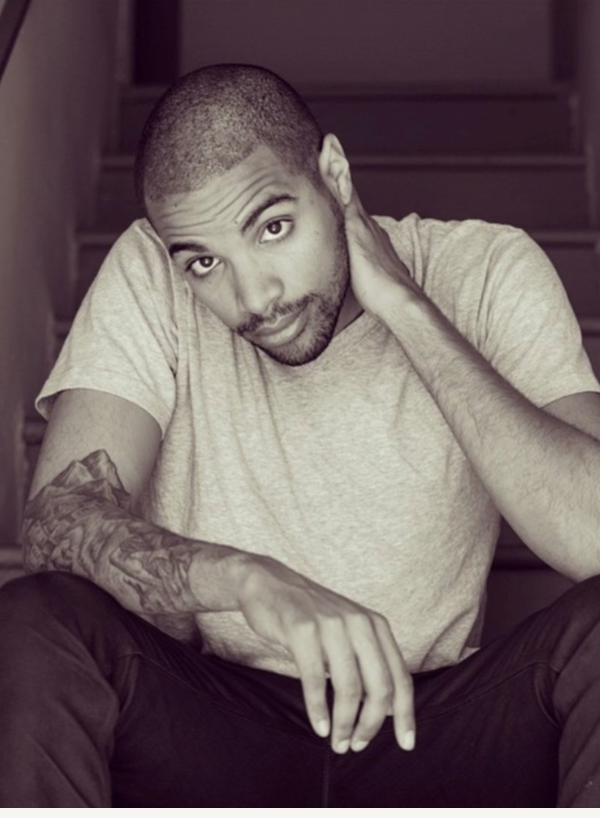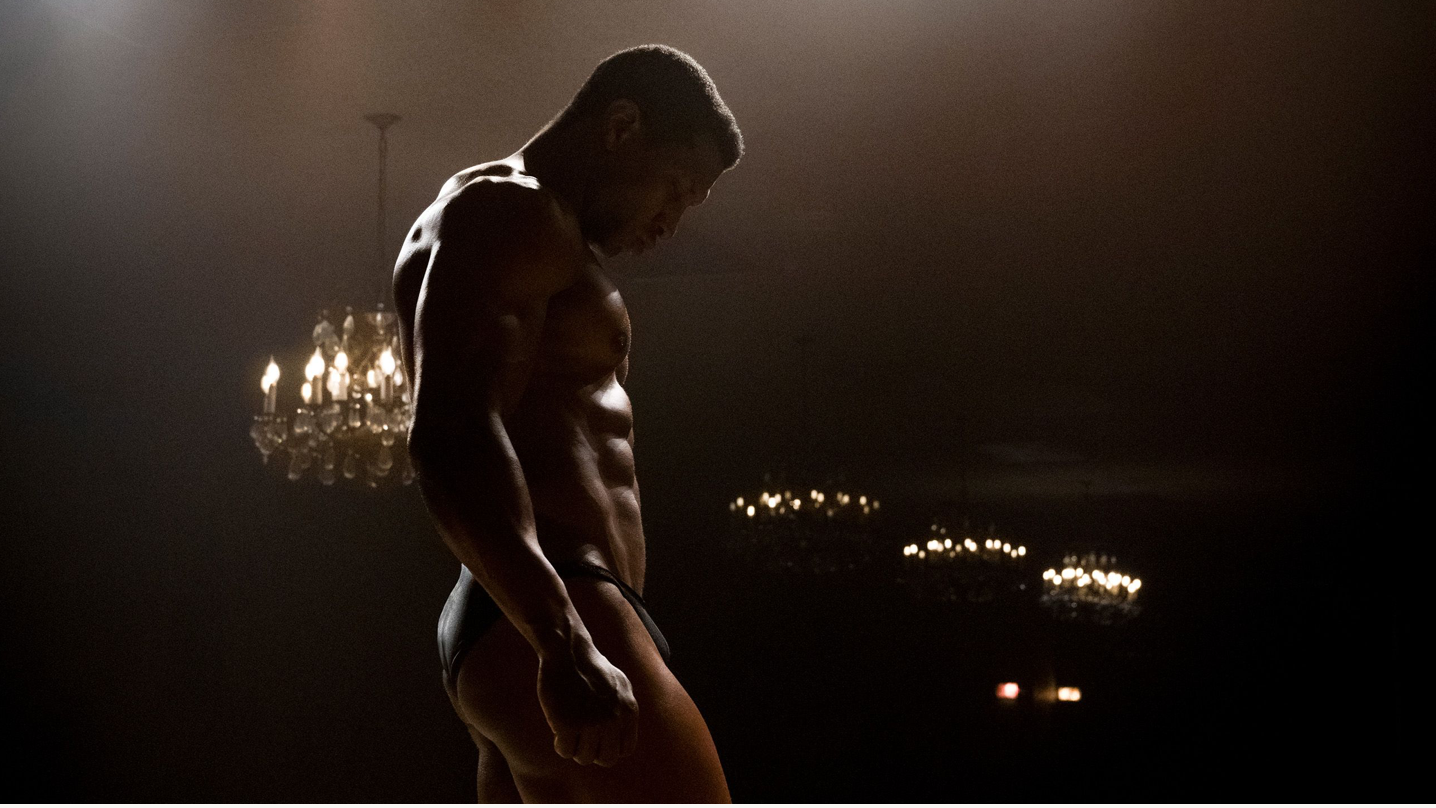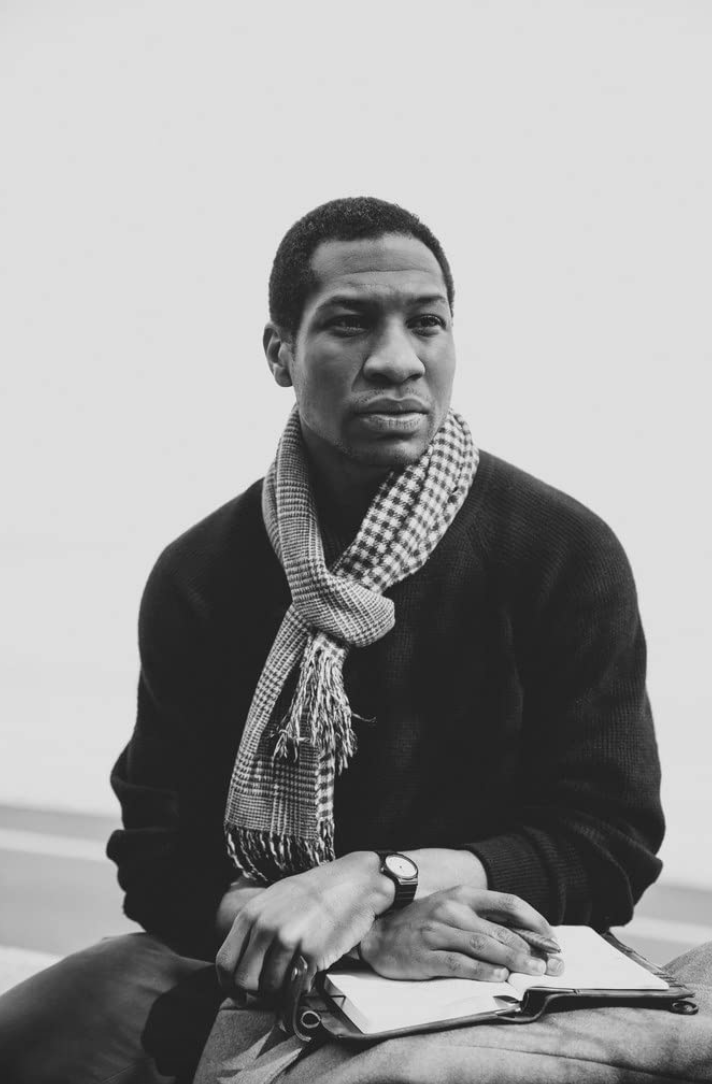U.S. Dramatic Competition
This unexpected film, which if anything might be a contemporary version of ‘Pumping Iron’ in which bodybuilding and celebrity-to-be meets Travis Bickle of ‘Taxi Driver’, shows a restraint and rechanneling of psychopathological leanings which redeem the film and its hero, a sweet but uncontrollable and, in the end, an invincible dreamer.

Director Elijah Bynum. Courtesy of Sundance Institute
Surely the producer Jennifer Fox felt an affinity to this project. Much of Fox’s work deals with understanding trauma. The emotional depth of the filmic concerns her in both her docs and fiction features. Jennifer Fox and In 2018, Jennifer Fox directed the film The Tale (2018), inspired by her own experience as a survivor of child sexual abuse. Unlike her previous works, the film is not a documentary but a narrative film. That film featured Academy Award-winning actress Laura Dern and premiered at the Sundance film Festival in 2018 and was picked up there by HBO. The plot of the film directly references Fox’s own experience of recognizing and grappling with her own abuse history. While writing the script, Fox developed the idea of “issue-based fiction,” in which she is able to use storytelling to “dive into issues that people could learn from and experience.” Borrowing from her documentary filmmaking, Fox collaborated extensively on the production of the film, outreaching to mental health advocates, lawyers, sexual abuse survivors, and women’s lived experiences to transform narrative into a tool for change. Along with HBO, Fox was able to develop a resource website and viewing guides to accompany the film to be used in educating and opening up the conversation about childhood sexual abuse, the effects of trauma, and memory.[*] In films like The Tale and Flying: Confessions of a Free Woman, trauma is examined in relation to memory and womanhood. In both films Fox is interested in how past trauma is able to shape one’s life and memory. In this film, this same element of a trauma-based life and memory is crucial to understandng the character of Killian Maddox, an obsessive bodybuilder who strives to win the Mr. Olympia contest and to be featured on the cover of body-building magazines.


Surely the producer Jennifer Fox felt an affinity to this project. Much of Fox’s work deals with understanding trauma. The emotional depth of the filmic concerns her in both her docs and fiction features. Jennifer Fox and In 2018, Jennifer Fox directed the film The Tale (2018), inspired by her own experience as a survivor of child sexual abuse. Unlike her previous works, the film is not a documentary but a narrative film. That film featured Academy Award-winning actress Laura Dern and premiered at the Sundance film Festival in 2018 and was picked up there by HBO. The plot of the film directly references Fox’s own experience of recognizing and grappling with her own abuse history. While writing the script, Fox developed the idea of “issue-based fiction,” in which she is able to use storytelling to “dive into issues that people could learn from and experience.” Borrowing from her documentary filmmaking, Fox collaborated extensively on the production of the film, outreaching to mental health advocates, lawyers, sexual abuse survivors, and women’s lived experiences to transform narrative into a tool for change. Along with HBO, Fox was able to develop a resource website and viewing guides to accompany the film to be used in educating and opening up the conversation about childhood sexual abuse, the effects of trauma, and memory.[*] In films like The Tale and Flying: Confessions of a Free Woman, trauma is examined in relation to memory and womanhood. In both films Fox is interested in how past trauma is able to shape one’s life and memory. In this film, this same element of a trauma-based life and memory is crucial to understandng the character of Killian Maddox, an obsessive bodybuilder who strives to win the Mr. Olympia contest and to be featured on the cover of body-building magazines.
“On every street in every city in this country, there’s a nobody who dreams of being a somebody.” So says the tagline for Martin Scorsese’s Taxi Driver. Killian Maddox is such a nobody. Occupying a small space in the film, it is revealed that his uncontrollable temper stems from past abuse and trauma which includes the murder of his mother by his father and his father’s suicide in front of his own childish eyes. That shapes his chaotic and antisocial vision of the world and at the film’s climax is re-experienced.
Killian Maddox lives with his ailing veteran grandfather, obsessively working out between court-mandated therapy sessions and part-time shifts at a grocery store where he has developed a crush on a friendly cashier. Killian struggles to read social cues and to maintain control of his volatile temper. He senses his disconnection in a hostile world, but pours his passion into a dream of bodybuilding superstardom.
The film has you squirming in your seat as he veers toward destruction but, just as you wonder, what good can come out of his journey. As Killian’s behavior becomes more obsessive and erratic, he still looks after his unconditionally loving grandfather. And as his delusions of destruction escalate, he faces his own trauma and breaks down into tears as he embraces his grandfather. This is the turning point for him. Killian sees success in bodybuilding as the link to acceptance and emotional connection. As our pathetic though physically stunning hero googles answers to “How do you make people like you?” and “How do you make a mark upon the world?” (or something like that) he finds the answer he needs in order to keep living.

Jonathan Majors’ has created an alarmingly single-minded body building character with a soft-spoken shyness alternating with indomitable fury, a multisided black man living in perpetual mental chaos. Majors’ eclectic collection of roles show his huge dramatic range. For his role as Montgomery Allen in The Last Black Man in San Francisco, Majors was nominated for a Gotham Award in the category of “Breakthrough Actor” and an Independent Spirit Award for “Best Supporting Male.” From The Last Black Man to a fighter pilot in the recent Devotion, to the western The Harder They Fall and soon a villain in the Marvel Cinematic Universe’s Ant-Man and the Wasp: Quantumania, his choices reveal a huge dramatic range which will reap fans for a long time to come. Born September 7, 1989 in Lompoc, California, Majors is a graduate from the Yale School of Drama and is a recipient of the National Society of Arts and Letters (NSAL), National Drama Competition. He made his screen debut starring in the ABC miniseries When We Rise and has since landed strong roles, cementing him as a Hollywood actor to watch.
Majors is executive producing under his Tall Street production banner along with Nightcrawler producers Jennifer Fox, Dan Gilroy and Jeffrey Soros and Simon Horsman. CAA Media Finance arranged financing through the Los Angeles Media Fund and is repping the film for both domestic and international distribution. Los Angeles Media Fund (Jeffrey Soros, Luke Rogers III, Simon Horsman and Andrew Blau) fully financed the film. They are currently working on The Color of Cola, a documentary based on a book by Stephanie Capparell, The Real Pepsi Challenge: How One Pioneering Company Broke Color Barriers in 1940s American Business, which shares the experience of the all-Black sales team at Pepsi, directed by Stanley Nelson and Jacqueline Olive.




No comments:
Post a Comment